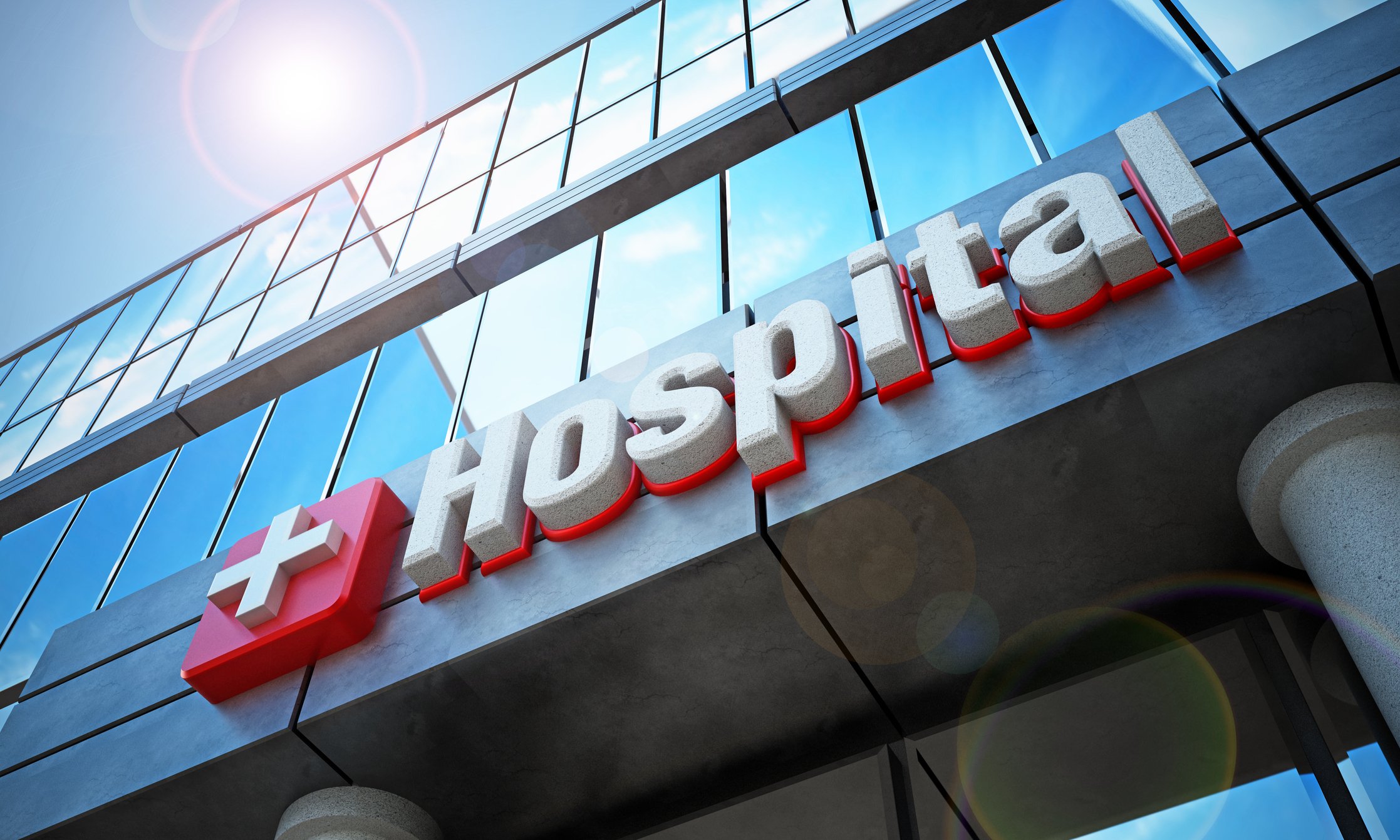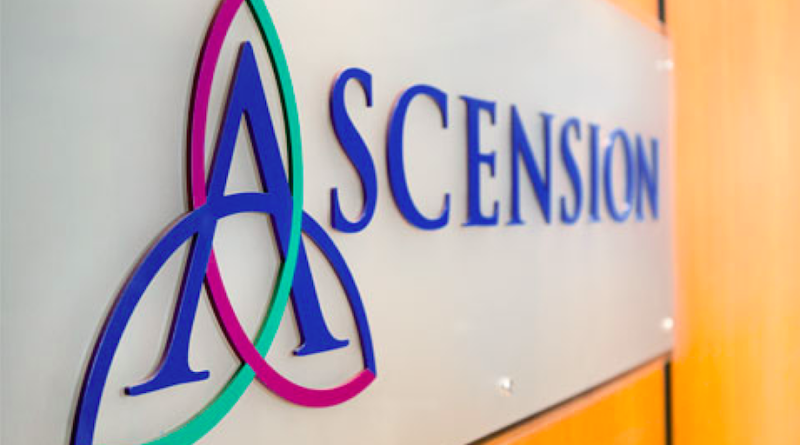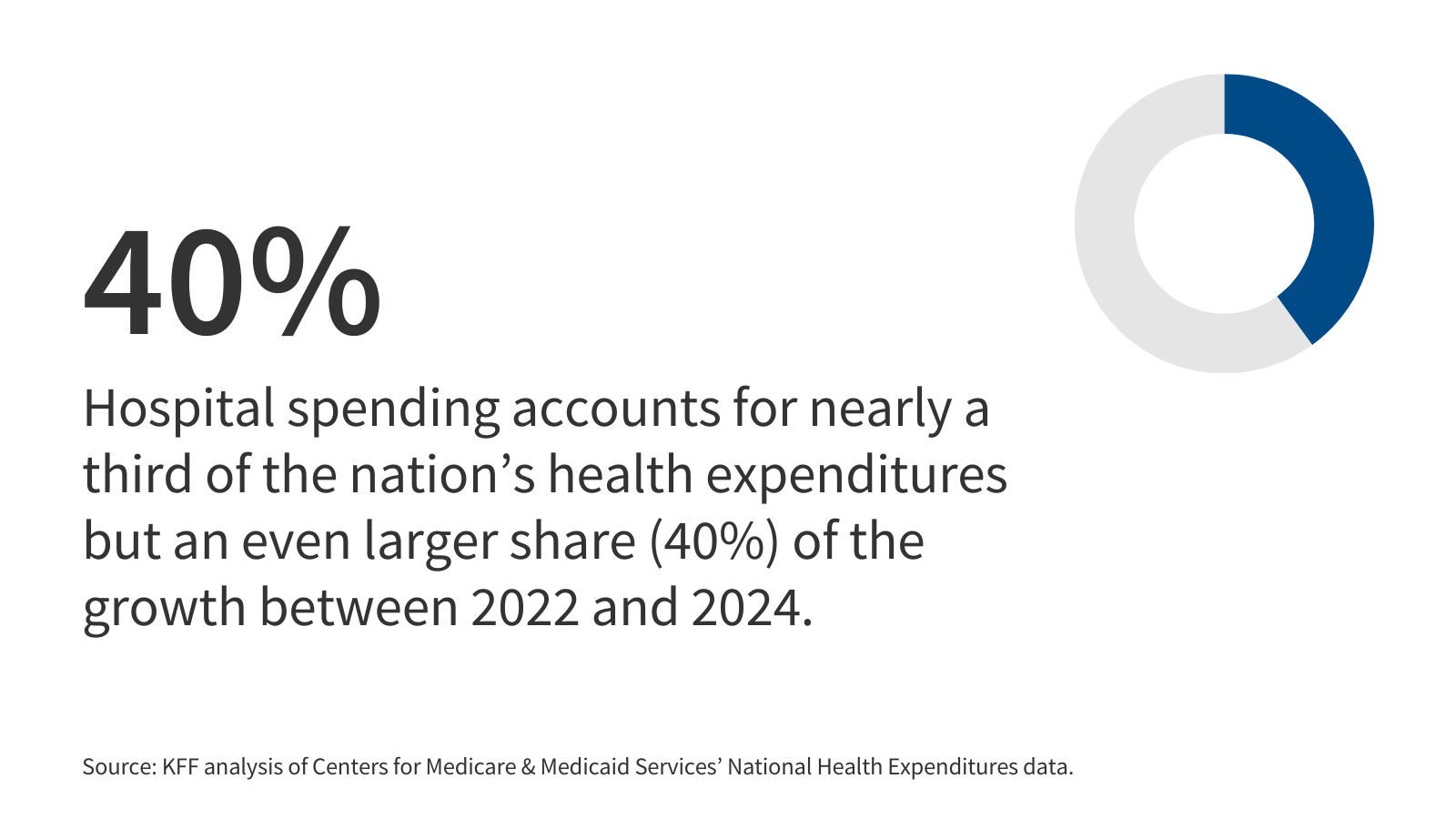Universal Health Services (UHS) beat analysts’ estimates for third-quarter revenue as its top line grew 11%
A year ago, UHS brought in $3.56 billion in revenue in the third quarter of 2023.
The King of Prussia, Pennsylvania-based for-profit health system reported that adjusted admissions rose 1.5% from a year ago. Meanwhile, the total number of days patients stayed increased by 2% as compared to the same period in 2023.
The company also saw net revenue per adjusted admission rise by 7% while net revenue per adjusted patient day increased by 6.5% as compared to the third quarter of 2023. Net revenue from hospital services rose by 9.2% during the third quarter of 2024.
UHS has approximately 96,700 employees and, through its subsidiaries, operates 27 inpatient acute care hospitals and 333 inpatient behavioral health facilities as well 40-plus outpatient facilities and ambulatory care access points. UHS also has an insurance offering and a physician network.
Net income attributable to UHS reached $258.7 million in the third quarter, up 55% compared to $167 million during the same quarter a year ago.
However, the company’s adjusted earnings per share missed analysts’ expectations as UHS faced elevated operating costs.
Adjusted net income attributable to UHS during the third quarter of 2024 was $252.5 million,
UHS reported total operating costs grew 9.2% year over year to $3.6 billion as a result of higher salaries, wages and benefits, other operating expenses and supplies costs, according to the company’s third-quarter financial report.
“As we anticipated, acute care volumes have moderated somewhat and have gradually begun to resemble the patterns we experienced before the pandemic,” Steve Filton, executive vice president and chief financial officer at UHS, told investors during the company’s earnings call Friday morning.
In response to a question from an investor about the future of acute care volumes, Filton said, “We think acute care revenue growth is something that should be solid, but that some of the really elevated acute care volume growth that we’ve seen over the last several years has been a result of the catch-up in postponed and deferred procedures, or procedures that have been postponed and deferred during the pandemic. And by definition, I think those were sort of a one-time thing, and I think we’re largely passed that at this point.”
Like many of its health system peers, UHS called out more “aggressive behavior” on the part of managed care plans with payer denials and patient status changes going back to late 2022 and into 2023.
Filton said the amount of premium paid in the second quarter was $60 million, reflecting a 12% decline from the prior year.
Physician expense, which was a significant headwind in 2023, has stabilized at approximately 7.2% of revenues thus far in 2024, Filton noted.
On the behavioral health services side, UHS reported adjusted admissions rose 2.2% on a same-facility basis in the quarter. Adjusted patient days increased 1.8% on a same-facility basis.
Net revenue per adjusted admission increased by 8% and net revenue per adjusted patient day grew by 8.5% as compared to the third quarter of 2023. Net revenues generated from UHS’ behavioral health care services, on a same facility basis, increased by 10.5% during the third quarter.
During the first nine months in 2024, UHS’ net cash provided by operating activities was $1.409 billion compared to $815 million the same time a year ago.
In the first nine months of 2024, the health system spent $698 million on capital expenditures and acquired 1.7 million of its own shares at a total cost of approximately $350 million, Filton said.
UHS continues to develop additional inpatient and ambulatory care capacity. There is ongoing construction of de novo acute care hospitals, consisting of the 150-bed West Henderson Hospital in Las Vegas, which is expected to open shortly; the 136-bed Cedar Hill Regional Medical Center in Washington, D.C., which is expected to open in the spring of 2025; and the 150-bed Alan B. Miller Medical Center in Palm Beach Gardens, Florida, which is expected to open in the spring of 2026, Filton noted.
In its behavioral health segment, UHS recently opened the 128-bed River Vista Behavioral Health Hospital in Madera, California, and is developing the 96-bed Southridge Behavioral Health Hospital in West Michigan, a joint venture with Trinity Health Michigan, which is expected to open in the spring of 2025.
UHS could get a financial boost from state-directed payment programs for Medicaid services.
The approval processes within the Centers for Medicare & Medicaid Services continue in connection with new Medicaid supplemental payment programs in Tennessee and Washington, D.C., as well as a proposed funding increase to the existing program in Nevada, Filton told investors Friday.
“We cannot provide assurance that any or all of these programs or program changes will ultimately be approved by CMS or the timing of such approvals, which may not occur until 2025 if approved,” he said. “If approved in their current forms, the Tennessee program would estimate an annual net benefit of $40 to $56 million would be effective July 1, 2024. The Washington DC program would estimate an annual net benefit of approximately $85 million would be effective October 1, 2024 and the funding increase to the existing Nevada program, with estimated annual net incremental benefit of approximately $56 million, would be effective July 1, 2024.”
Back in July, based on results in the first half of the year, UHS increased its 2024 full-year operating results forecast with projected net revenues estimated to be between $15.56 billion and $15.75 billion. That represents an increase of 1% to 0.3% over its original 2024 revenue forecast of $15.41 billion to $15.7 billion.
The adjusted earnings per share forecast is now $15.40 per share to $16.20 per share, a 17% increase from its previous EPS guidance.
Publisher: Source link










